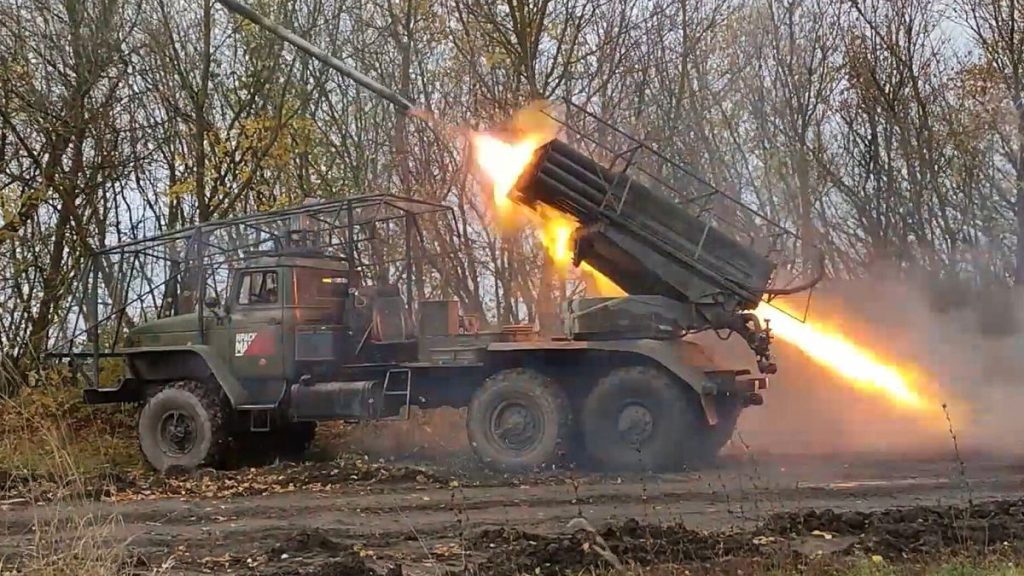North Korean Involvement in the Ukraine War:
The ongoing conflict in Ukraine has witnessed an unexpected development with the confirmed involvement of North Korean troops fighting alongside Russian forces. This revelation has added another layer of complexity to the already intricate geopolitical landscape of the war. According to a senior US military official, several hundred North Korean soldiers have been killed or injured while engaged in combat operations within Russia’s Kursk region. This region was the site of a successful Ukrainian counteroffensive in August, which resulted in the recapture of significant territory. The high casualty rate among North Korean troops is attributed to their lack of battle experience and inadequate preparation for the intensity of the fighting.
Exchange of Resources between Russia and North Korea:
The alliance between Russia and North Korea appears to be driven by a reciprocal exchange of resources. Reports indicate that North Korea has deployed approximately 10,000 soldiers to bolster Russia’s war efforts. In return, Russia is providing North Korea with much-needed oil supplies, a crucial commodity for the isolated nation. This arrangement underscores the strategic interests of both countries, with Russia seeking additional manpower to sustain its military operations and North Korea seeking to secure vital resources amid international sanctions.
Deployment and Role of North Korean Troops:
The North Korean troops are primarily deployed in the Kursk region, a strategically important area where Russia has been attempting to reclaim territory lost during the Ukrainian counteroffensive. Their role primarily involves infantry duties, fighting alongside Russian units in frontline positions. This deployment suggests a deeper level of cooperation between the two countries than previously acknowledged. Notably, Ukrainian President Volodymyr Zelenskyy released footage purportedly showing North Korean troops in action, highlighting the growing evidence of their presence on the battlefield. Zelenskyy expressed his dismay at the involvement of North Korean soldiers, emphasizing that they had no justifiable reason to participate in this conflict and risk their lives.
Casualties and Uncertain Future of the Conflict:
The war in Ukraine continues to inflict a heavy toll on both sides. US estimates suggest that Russia is suffering significant losses, with approximately 1,200 soldiers killed or injured daily. Ukraine is also experiencing substantial casualties, with President Zelenskyy acknowledging the loss of 43,000 Ukrainian soldiers and 370,000 wounded since the start of the full-scale invasion in February 2022. The future trajectory of the conflict remains uncertain, particularly with the upcoming change in US leadership. President-elect Donald Trump has pledged to end the war, but his specific plans for achieving this remain unclear. This ambiguity adds to the apprehension surrounding the conflict’s duration and potential escalation.
Uncertainty Surrounding US Military Aid:
The transition of power in the United States has introduced an element of uncertainty regarding the continuation of military aid to Ukraine. A senior US defense official has indicated that the previously pledged $5.6 billion (€5.3bn) in weapons and equipment may not be delivered before Trump’s inauguration in January. This delay raises concerns about Ukraine’s ability to sustain its defense efforts, particularly in light of the ongoing Russian offensive and the involvement of North Korean troops. The incoming administration’s stance on military aid to Ukraine will be a critical factor in shaping the future course of the war.
Geopolitical Implications and International Response:
The involvement of North Korean troops in the Ukraine war has significant geopolitical implications, highlighting the evolving dynamics of international alliances and the potential for further escalation of the conflict. The international community’s response to this development will be crucial in shaping the future trajectory of the conflict and mitigating the risks of further instability in the region. The alliance between Russia and North Korea underscores the interconnectedness of global conflicts and the potential for seemingly isolated events to have far-reaching consequences. The international community faces the challenge of addressing this complex situation while striving to maintain stability and prevent further escalation of the conflict.

